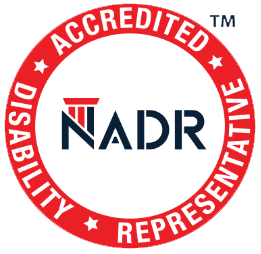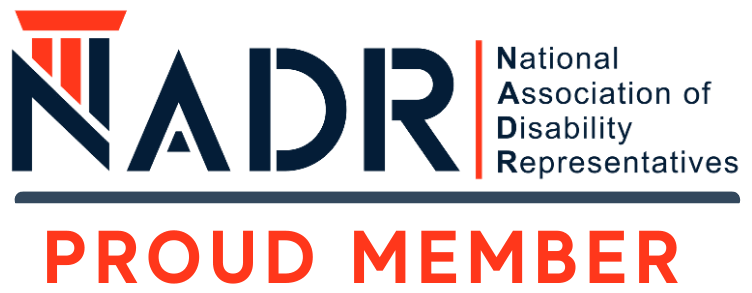When is the Best Time to Apply for Social Security Disability or Supplemental Security Income?
Social security disability insurance (SSDI) and supplemental security income (SSI) are federal programs designed to provide financial support for persons with disabilities. When you apply for Social Security disability, it’s crucial to complete the paperwork correctly. You also need to provide supporting documents for your claim to be approved. The timing of your SSDI/SSI application is also important. This guide provides the facts to help you through your application process.
When to Apply for Social Security Disability
SSDI pays benefits to you and possibly your family if you have worked long enough to pay Social Security taxes. SSI pays benefits in case of financial need. The Social Security Administration (SSA) administers both SSDI and SSI. The benefits eligibility screening tool can help you figure out which option fits your needs.
Whichever option you end up pursuing, always apply for SSDI or SSI benefits as soon as possible. Ideally, apply as soon as you become disabled and are unable to work. The administrative process is tedious, and it can take three to five months for the paperwork to be processed. That’s if there are no hurdles. If the application is first rejected, don’t worry—you can appeal. Many find it easier to get help. DSS can do just that.
5-Step SSDI and SSI Application Checklist
The application process is similar for SSDI and SSI. Here’s what it looks like:
1. Complete the Application
The first step is to complete the application for Social Security benefits and the Social Security disability report. You can submit this paperwork online via the SSA.gov portal, or you can print it out, complete it by hand, and submit it to your local SSA office.
This covers information like your name, social security number, and birth certificate. You will also have to submit supporting documents with your application, however—more on that in step two.
2. Include Your Medical Records
To qualify for SSDI or SSI program, you must meet specific medical criteria proving you have a disability that keeps you from working to support yourself fully. Supporting paperwork may include medical records from doctors, hospitals, therapists, and clinics, as well as lab results.
3. Define Your Work Details
Your application will also have to include a work summary. Other documents may include a description of your work history, current tax report and W-2 wage statement, or a federal tax return if you’re self-employed.
4. Consult a Disability Attorney
Before submitting your claim, consider having a disability attorney or similar expert review your application. They can flag any missing items, ensuring a streamlined process. An expert can also provide tips to bolster your claim and not jeopardize it. For example, while you are technically allowed to work and receive disability benefits, you can’t perform at or above the substantial gainful activity (SGA) level. This means there is a limit to how much you can work and earn per month.
5. Submit Your Claim
Once your claim is submitted, you will have to wait on the response. If the application is rejected, you have the option to appeal this decision. However, you have to do this quickly. There is only a small window of opportunity to appeal a denial.
If you haven’t consulted a professional yet, you should do so before appealing the denial. They can help you figure out why your claim was denied and advise on the next steps.
Get Help Before You Apply for Social Security Disability
Disability Support Services supports individuals going through the Supplemental Security Income or Social Security Disability Insurance application process. Our team of legal representatives specializing in Social Security disability law in all of Maryland. Get help securing your disability benefits.
Also, check out our other resources online. You can find information from frequently asked questions to helpful tips to applying. We want to make your claim successful. In addition, if you need a representative payee, check out Care Coordination Services. CSS can help manage your SSI, SSDI, or retirement checks. Your success is important to us.



